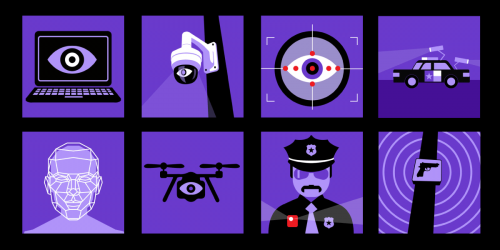EFF urged the Bay Area Rapid Transit (BART) Board to adopt a new law that would ensure community control of whether to adopt new surveillance technologies.
All too often, police executives unilaterally decide to adopt powerful new spying tools that invade our privacy, chill our free speech, and unfairly burden communities of color. These intrusive and proliferating tools of street-level surveillance include drones, cell site simulators, surveillance cameras, and automatic license plate readers.
Under the proposed BART law, the power to decide whether or not to adopt new surveillance technologies would rest with the elected BART Board, and not law enforcement officials. The Board could not approve a new spy tool unless it first determines that the benefits outweigh the costs, and that the proposed use policy protects civil rights and civil liberties. Most importantly, members of the public would have the opportunity to participate in the decision-making process.
As we explain in our letter to the BART Board:
Each government surveillance technology raises a thicket of difficult questions. Should it be used at all? What are the benefits and the costs? Will it actually make us safer? If it is adopted, who will be targeted? What are the privacy safeguards?
These are questions that the BART Board of Directors should answer before BART adopts surveillance technology. The general public should be heard, too. When all concerned stakeholders participate, we make better decisions.
Our allies include the ACLU and the Oakland Privacy Working Group. EFF supported a similar law adopted last year in Santa Clara County. We are now working on parallel efforts in Oakland and Palo Alto.









